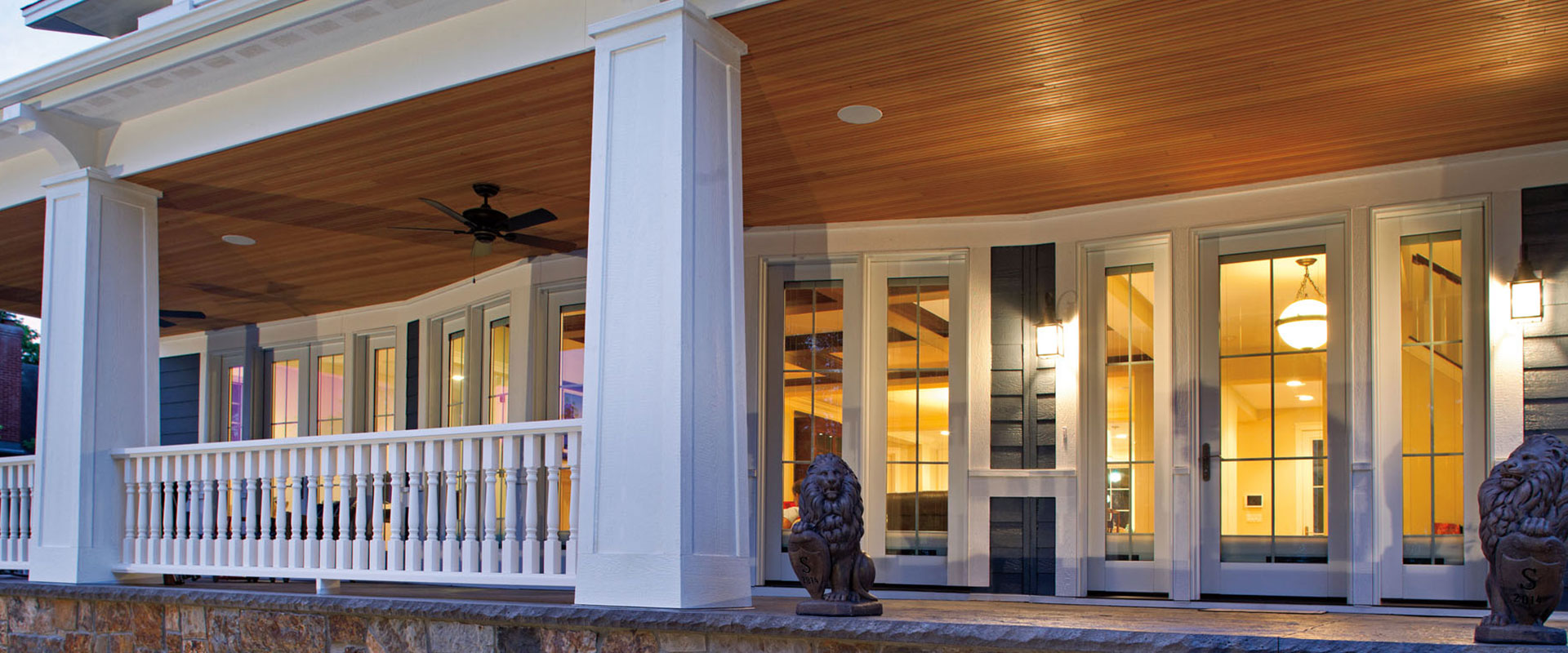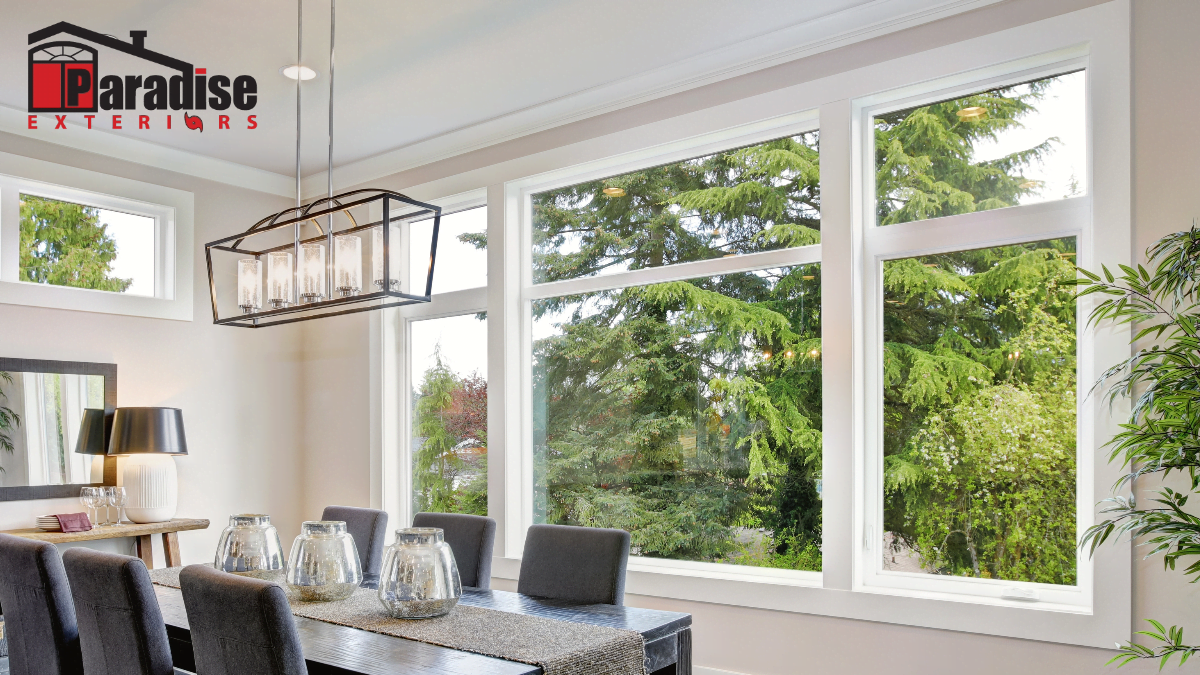Upgrade Your Home With Energy-Efficient Home Window Replacements
In the world of home enhancement, the decision to upgrade to energy-efficient home window replacements can considerably impact both the functionality and aesthetics of a residence. Past the surface area degree of plain visual appeals, energy-efficient home windows provide a multitude of advantages that go beyond simple visual allure.
Advantages of Energy-Efficient Windows

The setup of energy-efficient home windows gives substantial financial savings on energy bills while boosting environmental sustainability. Additionally, energy-efficient windows can help manage moisture degrees within the home, lowering the danger of mold and mold development.
Past the monetary advantages, energy-efficient home windows add to environmental sustainability by reducing carbon emissions associated with power manufacturing. Overall, spending in energy-efficient home windows not just improves the comfort and performance of a home but also straightens with ecologically aware practices.
Kinds Of Energy-Efficient Glass
Different advanced types of energy-efficient glass offer unique properties that cater to different needs and choices in improving the sustainability and performance of buildings. Triple-pane glass, consisting of three layers of glass with shielding gas in between them, gives enhanced thermal insulation, making it very energy-efficient. Furthermore, self-cleaning glass with a special finish that breaks down and loosens up dust when exposed to sunlight can minimize maintenance demands and keep home windows looking tidy.
Aspects to Take Into Consideration When Picking
When pondering energy-efficient window substitutes, it is imperative to carefully examine certain elements that align with your sustainability purposes and desired energy savings. The U-factor measures how well the window insulates, with lower numbers showing better insulation, while the SHGC indicates the window's capability to block warmth from sunlight. By very carefully examining these elements, you can select energy-efficient windows that improve comfort, reduce power prices, and benefit the setting.
Installment and Maintenance Tips

Routine maintenance is essential to protecting the efficiency of your energy-efficient home windows. Check the home windows regularly for any kind of signs of damage, sealer, or wear damage. Tidy the structures, tracks, and glass regularly utilizing light soap and water to get rid of dust and gunk that can influence performance. Examine the weather-stripping and seals for any type of splits or voids and change them if required to maintain the home windows' energy performance.
On top of that, oil relocating components such as hinges and locks to ensure smooth procedure. By following these installment and maintenance suggestions, you can improve the energy efficiency of your home and lengthen the lifespan of your energy-efficient home windows.
Cost-Benefit Evaluation of Upgrading

Energy-efficient home windows are designed to reduce warmth transfer, decreasing the demand for home heating and cooling useful link systems to function overtime. This can bring about substantial savings on energy bills, especially in areas with extreme temperatures. In addition, energy-efficient home windows can boost the overall worth of your home, making it extra eye-catching to possible purchasers if you choose to market in the future.
When calculating the cost-benefit analysis, consider the potential financial savings on energy expenses, any type of offered incentives or rebates, and the life expectancy of the windows. While the preliminary expense might be higher, the long-term savings and advantages of energy-efficient home windows make them more info here a wise investment for home owners seeking to boost their residential or commercial property's energy efficiency and value.

Verdict
To conclude, updating to energy-efficient home window replacements uses numerous advantages such as decreased energy usage, right here enhanced convenience, and cost savings. By selecting the ideal type of energy-efficient glass and thinking about factors like frame material and installment, property owners can take full advantage of the effectiveness of their windows. Normal upkeep and appropriate setup are crucial for long-term efficiency. Generally, the cost-benefit analysis of updating to energy-efficient windows reveals that the preliminary investment can bring about considerable cost savings in the future.
When pondering energy-efficient home window substitutes, it is crucial to carefully examine particular factors that line up with your sustainability objectives and wanted energy cost savings. The U-factor actions how well the home window insulates, with lower numbers indicating far better insulation, while the SHGC suggests the window's capability to block warmth from sunshine. By very carefully evaluating these variables, you can choose energy-efficient home windows that boost convenience, lower energy expenses, and profit the environment.
While energy-efficient home windows might have a higher upfront cost compared to traditional windows, the lasting advantages usually surpass the preliminary financial investment.In final thought, updating to energy-efficient home window substitutes provides various benefits such as lowered energy usage, raised convenience, and expense financial savings.